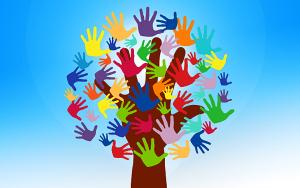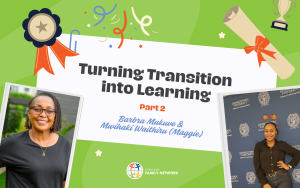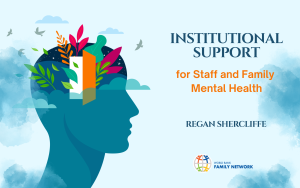The statistics are staggering. It is estimated that between three and 10 million children per year witness domestic violence, and that children, especially very young children are present in the overwhelming majority of domestic violence police emergencies.
Approximately one third to one half of all families in which a woman is being beaten, her children are also being physically abused by the abuser and/or possibly by the battered woman. Girls living in homes where there is domestic violence are also at increased risk of being sexually abused. Children are at increased risk of being murdered or injured in the crossfire if the abuse involves a firearm.
Sometimes parents deny that children are present when mothers are assaulted. However, interviews with the children of battered women prove that they have seen, heard and can accurately describe incidents of battering even though the parents did not know the violent behavior had been observed. Juveniles in detention centers are often incarcerated for assaulting their mothers’ abusers while trying to protect their mothers from further violence. The impact on children of witnessing violent behavior differs, depending on several factors including:
- The child’s age and gender
- The frequency and the severity of the violence
- The extent to which the child sees and hears violence and verbal abuse
- The amount of support the child receives from the victim
- The amount of support the child receives from others
- Whether the child is the target of the abuse
- Whether the child is made to feel responsible in any way for the abuse
- Whether the child feels abandoned by the abuser
Children who have been exposed to violent behavior display some common reactions. For an extensive list of behaviors exhibited by children in specific age groups, such as pre-school,
school age and the teenage years. However, the following list will provide some insight into the effects of witnessing domestic violence.
Children from violent homes may have problems with their peers. They may be too aggressive or use some of the same control tactics used by the abuser and consequently become isolated from their friends. A sense of shame and a need to hide the chaos at home is likely to affect their ability to express their feelings openly. They may feel that they have to put on a mask and appear happy and normal when they are in public.
A child exposed to domestic violence might think “If I had been a good boy/girl, daddy would not hit mommy”. This happens particularly when parents fight over the disciplining of a child.
A child may feel guilt for not stopping the abuse, even though the situation is beyond the child’s control.
Many children exposed to domestic violence come to believe that all intimate relationships involve violence and problems. They may say things like “I’ll never get married because it will lead to problems”, or “I don’t want to date boys because they’re all like my father”.
A child who witnesses domestic violence may exhibit fear of sleeping, or have nightmares or dreams of danger.
If a child appears not to be bothered by violence, or appears not to notice it, he/she has serious problems and must get help immediately.
Children exposed to domestic violence often have problems with school or social adjustment, higher rates of delinquency and aggression, problems with attachment, problems with substance abuse and higher rates of suicide attempts. Children, especially teens, may run away.
Some children internalize an acceptance of violence as a means of stress management and conflict resolution which are sometimes repeated in their adult relationships and parenting experiences. Male children exposed to domestic violence are at a higher risk of becoming abusers when they grow up. Abusers who have witnessed domestic violence as children are more likely to use severe and/or lethal violence against their partners. Thus, merely witnessing violence increases the chance that the cycle of violence will continue into the next generation. Help is available. In an emergency that involves immediate physical danger, call 911 and say you are reporting domestic violence. The police will know how to respond.






